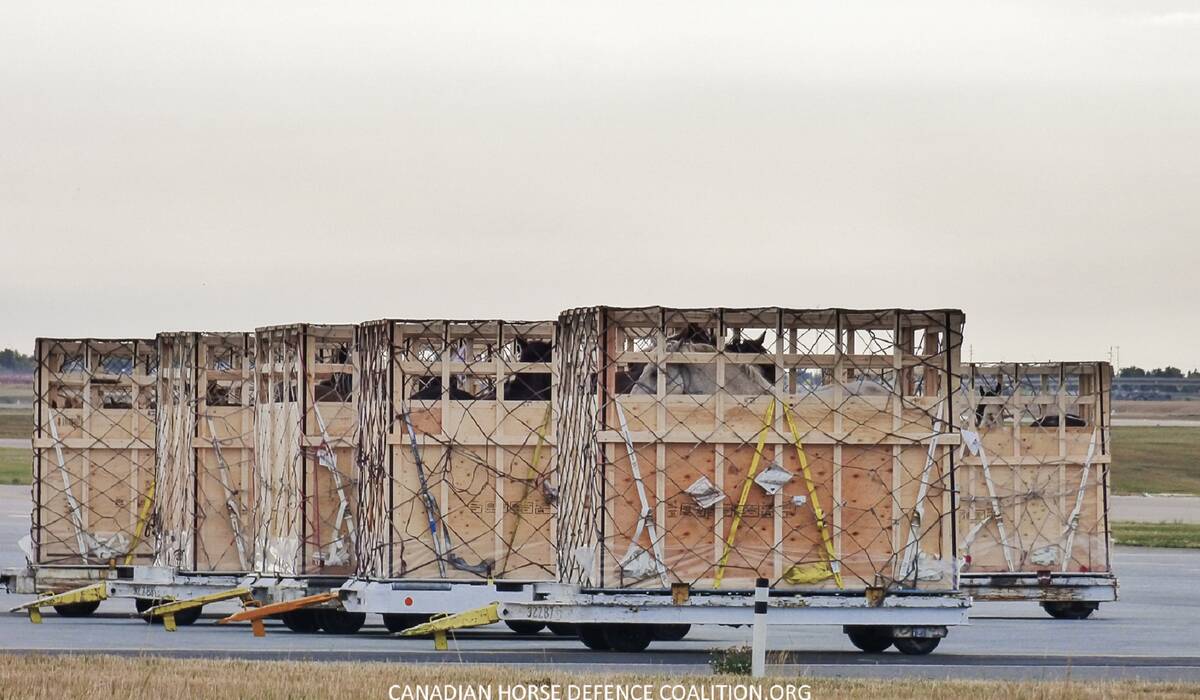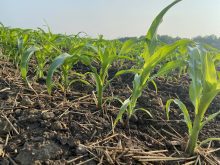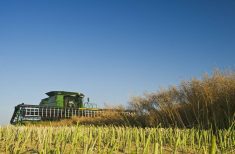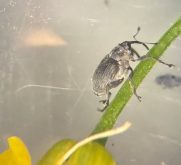BASF will change the base seed treatment for InVigor canola hybrids in 2023 out of an “abundance of caution,” Brent Collins, BASF Canada head of seeds and traits, said Aug. 31.
The company will remove Vercorace, debuted by BASF for the 2022 season as a broad-spectrum fungicide and flea beetle control, and release a seed treatment package centred on Syngenta’s Helix Vibrance for next year.
Flea beetle and cutworm control product Lumiderm will still be available as an optional seed treatment, Collins said, and the company also plans to debut Buteo start, launched in 2020 by Bayer for additional flea beetle control.
Read Also

Horse welfare trial begins in Manitoba
Private prosecution of Manitoba horse farm, based on a 2022 horse export shipment, awaits judge’s verdict after two-day trial in Winnipeg.
Changes will be made this fall, according to Collins.
Why it matters: BASF received approval for Vercorace in 2021 and integrated it into its InVigor canola line for the first time this year.
The announcement follows a string of farmer complaints this spring about establishment issues in their InVigor stands.
“There’s so many parameters that we still can’t completely pinpoint what the root causes are, because we believe there’s a number of elements,” Collins said. “We believe the best probability of having a successful InVigor experience in 2023 will be to migrate to Helix Vibrance, which is a canola seed treatment that’s been utilized in the Canadian marketplace for a number of years.”
In June, BASF released a statement acknowledging the reported InVigor issues. The same statement announced that the company had formed a team to find the source of the problem. That investigation continues.
The company has not yet shared insights on the root cause or trends in severity based on location or weather history, saying only that “certain geographies” and “certain hybrids” were impacted, according to Collins.
“When you think of all the different environmental conditions, whether it’s moisture or any of the other parameters… we’re just not in a position to pinpoint the key elements. We just need to have a greater degree of confidence.”
Collins noted general insect and weather pressures this spring in Western Canada. Crops in general were slow in April and May this year, following a cold spring and unforeseen precipitation. In Manitoba, snowstorms in mid-April buried much of the province and later led to widespread flooding. Producers later reported serious flea beetle pressures, seemingly a perennial problem in many areas, with many growers forced to apply multiple passes of control. Other areas of Western Canada were gripped by drought.
InVigor is one of the most popular choices for canola in Western Canada and BASF said only a small proportion reported issues, although no number was shared.
“Even one of these acres is too many from BASF’s perspective,” Collins said.
In 2020, the Manitoba Agricultural Services Corporation (MASC) reported more than 45 per cent of canola acres in the province were planted to InVigor hybrid L233P. InVigor had the top five canola varieties grown in Manitoba that year.
InVigor varieties do come with a product performance policy, Collins said, and every producer who lodged a complaint earlier this year has been approached by BASF. He said the company continues to work with those growers.
He added that most affected acres have since filled out.
“We’re treating this very seriously, even though it’s on a very minor number of acres,” Collins said. “For growers who experienced it, we want to make sure that we’re standing behind our product to make sure they have a very good continued experience with InVigor.”
















